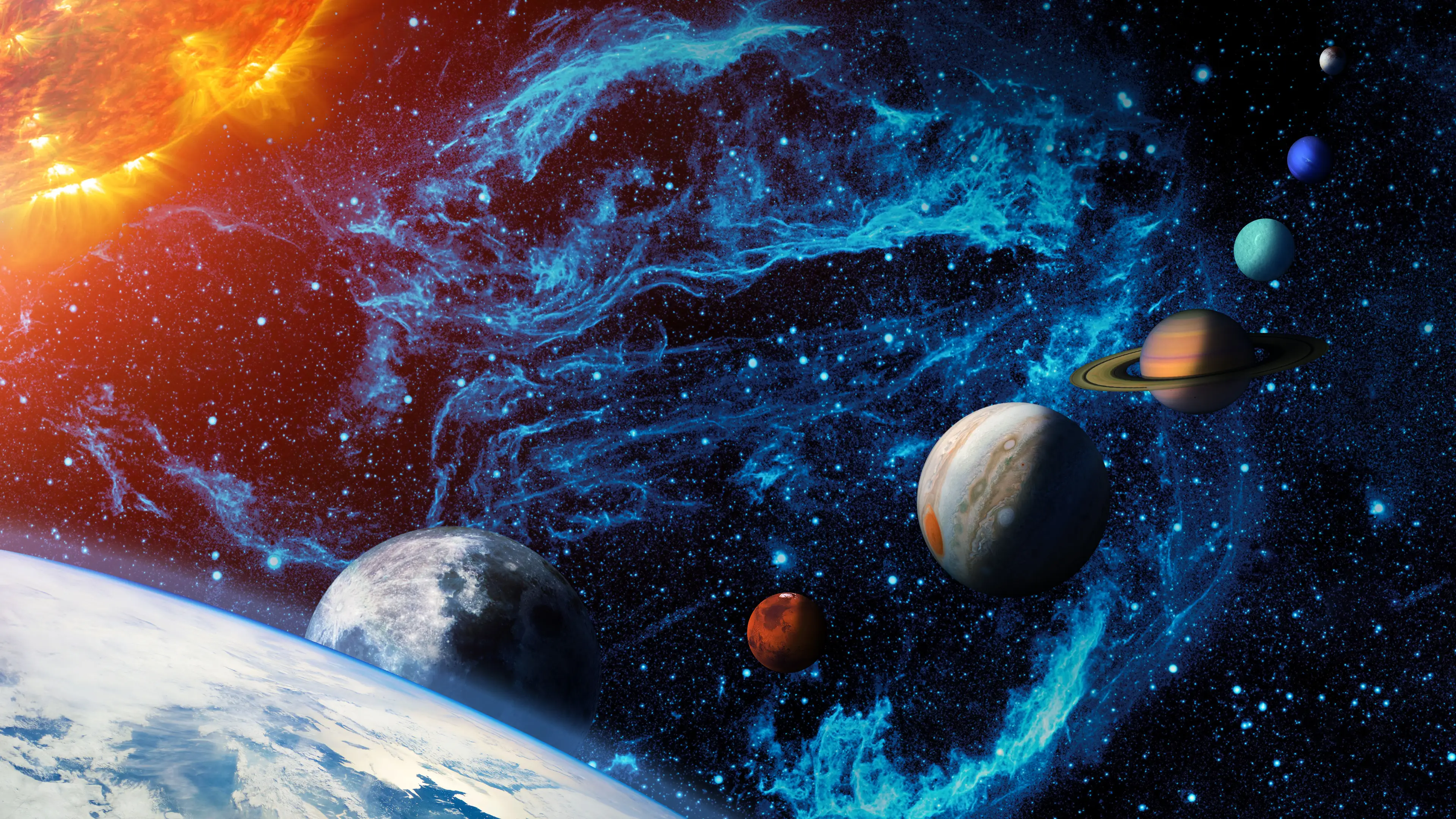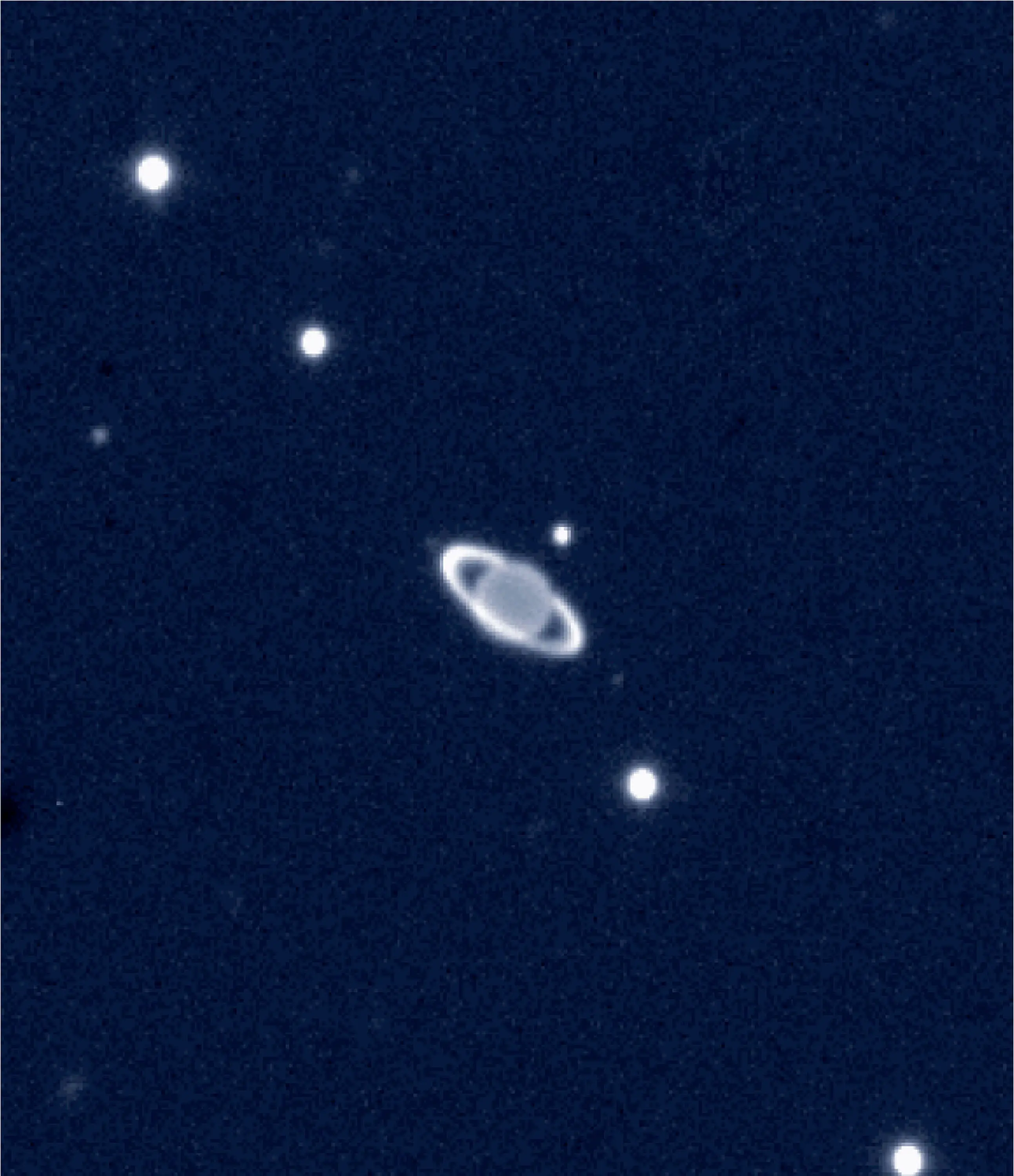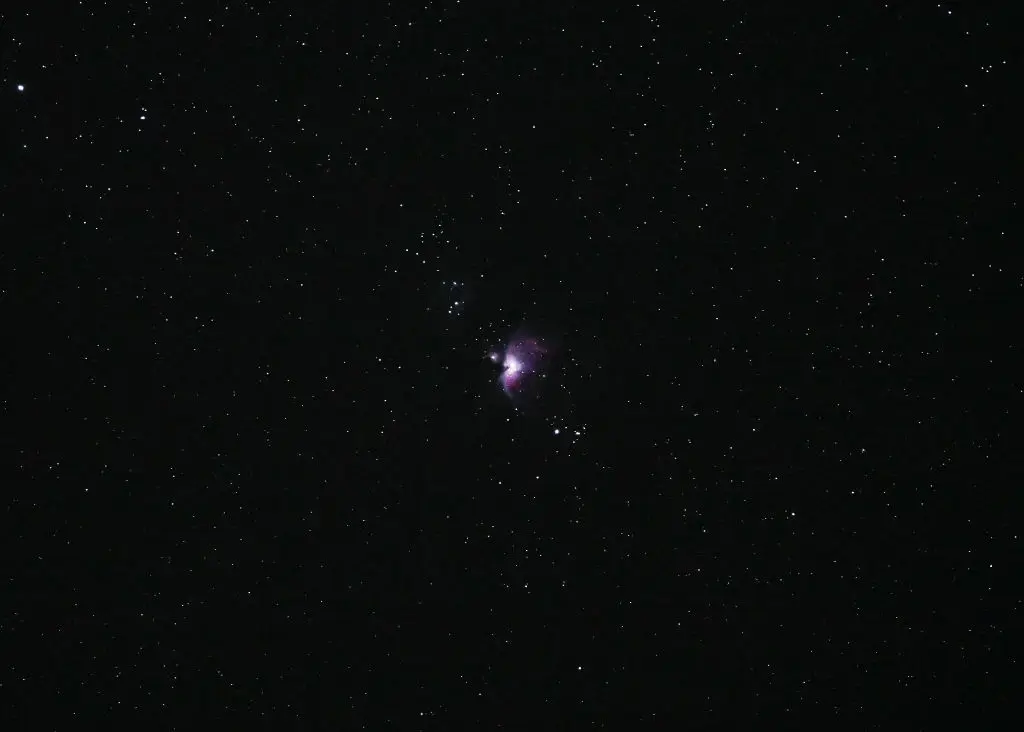
It is almost time to get a glimpse of the incredibly rare 'planetary parade' that will see the entire rest of the solar system visible in Earth's skies.
Seeing planets in the solar system isn't a rare thing in itself. Most nights, there is at least one of them floating through space in the visible path of Earth.
But this week is different, with all other seven planets able to be seen at the exact same time. We're talking Mercury, Venus, Mars, Jupiter, Saturn, Uranus, and Neptune visible from Earth all at once.
You'll want to take advantage of the cosmic phenomenon, given it is the last one until 2040.
Advert
Why is a planetary parade so rare?
In our solar system, there are eight planets orbiting one star - what we call the Sun.
The difference in each planet is that they are different sizes and at different distances from the Sun. As a result, the time taken to rotate around the Sun differs for each planet.
Earth takes 365 days, which is where we get our concept of one year from.
On the flip side, Neptune takes a whopping 60,190 days. And in the middle, a planet like Mars takes 687 days, which explains why it is rare to get them all at once.

When is the 2025 planetary parade?
Soon! It is happening on 28 February, which is this Friday.
Hopefully the skies are clear where you are so you can look to the skies and see all of Mars, Jupiter, Uranus, Venus, Neptune, Mercury and Saturn lined up across Earth's sky.
You'll need some technology to take true advantage, with not every planet visible to the naked eye. So if you have a telescope or binoculars, get them dusted off.
The planets in particular that will need a telescope or binoculars are Uranus and Neptune.

I can't wait that long! What about now?
For those wanting to get involved in the phenomenon early, you are in luck.
Six of the seven planets are already visible in Earth's skies. The only one missing for the time being is Mercury, which joins the party fashionable late on Friday night.
Dr Christopher Barnes, a senior lecturer at the University of Derby, told The Independent: "Mars will appear in the east, Jupiter and Uranus in the southeast, and Venus, Neptune, and Saturn in the west.
“Even people in cities and light-polluted areas will be able to see most of the planets, but for the best views, it is advisable to find a darker location. Almost all the planets will be visible to the naked eye, except for Uranus and Neptune, which will require binoculars or a telescope."
Topics: Science, Space, Technology, World News, UK News